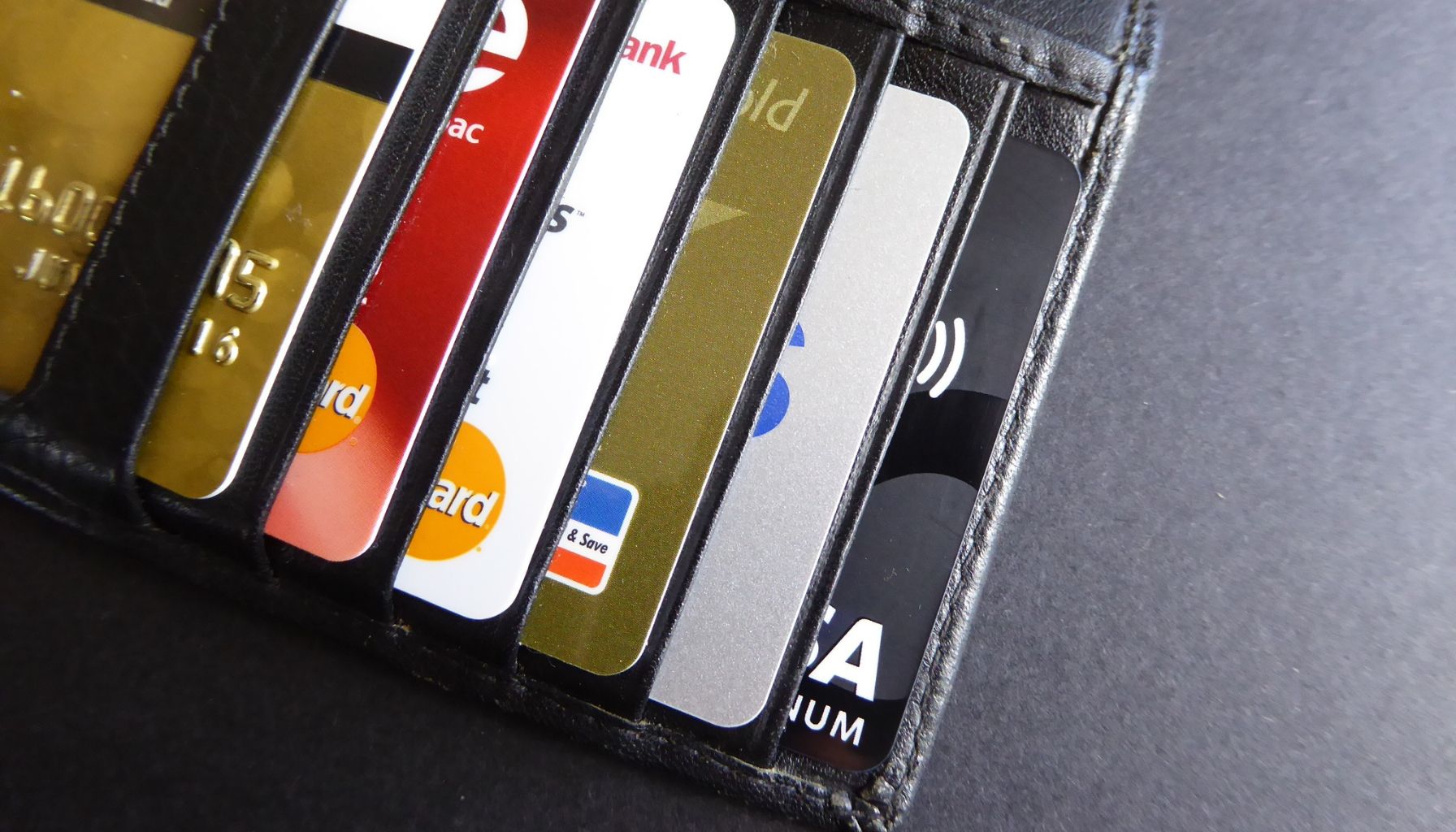
Canva
Getting denied a loan can be frustrating, especially when you’re not sure why it happened. Whether you’re applying for a personal loan, mortgage, or business loan, there are several common reasons that might be standing in your way. Understanding these factors will help you improve your chances of approval the next time you apply. Here are the top 8 reasons why you can’t get a loan, and what you can do about it.
1. Low Credit Score
One of the most common reasons you can’t get a loan is having a low credit score. Lenders rely heavily on your credit score to determine whether you’re a trustworthy borrower. If your score is below a certain threshold, it signals to the lender that you may be risky to lend to. Factors like missed payments, high credit card balances, and too many recent credit inquiries can lower your score. To improve your chances, focus on paying bills on time and reducing outstanding debt.
2. High Debt-to-Income Ratio
Even with a decent credit score, having a high debt-to-income (DTI) ratio can prevent you from securing a loan. Your DTI is a measure of how much of your monthly income goes toward paying debts. Lenders prefer applicants with a lower DTI because it shows they can comfortably handle new payments. If too much of your income is already tied up in debt, lenders may worry you won’t be able to manage additional loan payments. Reducing your current debts or increasing your income can help lower your DTI.
3. Limited Credit History

123rf
If you don’t have a long credit history, you may struggle to get a loan. Lenders look for a track record of responsible credit use, and if your credit file is thin, they have less data to evaluate your risk. This is common for young adults or those who have avoided using credit cards or loans in the past. To build your credit history, consider applying for a secured credit card or becoming an authorized user on someone else’s card. Over time, this will establish a credit record that lenders can review.
4. Unstable Employment History
Lenders like to see stable employment because it indicates you’ll have a steady income to make your loan payments. If you’ve changed jobs frequently, had gaps in employment, or recently started a new job, lenders may view this as a red flag. They may worry that your income isn’t reliable enough to cover the loan. To improve your chances, aim to maintain consistent employment for at least a year or two before applying for a loan. Providing proof of a stable income, such as tax returns or pay stubs, can also help.
5. Insufficient Income
If your income is too low, it can be another reason you can’t get a loan. Lenders often have minimum income requirements to ensure you can handle monthly payments. Even if your credit score and other factors are good, you may still be denied if your income doesn’t meet their criteria. Try to supplement your income with a second job or side hustle if you’re on the borderline. Alternatively, consider applying for a smaller loan amount that better fits your income level.
6. Too Many Recent Credit Applications

Canva
Applying for several loans or credit cards within a short period can hurt your chances of getting approved. Each time you apply, a hard inquiry is made on your credit report, which temporarily lowers your credit score. If lenders see too many inquiries, they may think you’re desperate for credit or overextending yourself financially. This can be a major red flag, leading to loan rejection. To avoid this, space out your applications and only apply for credit when necessary.
7. Inaccurate or Incomplete Application Information
Filling out your loan application with inaccurate or incomplete information can also lead to denial. Lenders need accurate details about your income, employment, and other personal information to assess your loan application properly. Mistakes or missing information can cause delays or outright rejection. Double-check all your details before submitting the application to ensure accuracy. If any documents or proof of income are required, make sure they’re up-to-date and correct.
8. Bankruptcy or Foreclosure History
If you’ve gone through bankruptcy or foreclosure in the past, it may be challenging to get a loan. These significant financial events negatively impact your credit score and can stay on your credit report for up to 10 years. Lenders are typically wary of offering loans to individuals who have a history of defaulting on large financial commitments. If this applies to you, work on rebuilding your credit and financial profile. Over time, you can improve your chances by demonstrating responsible credit use and stable finances.
Overcoming Loan Denial
While being denied a loan can be disheartening, understanding the reasons why it happened is the first step toward improving your chances next time. Whether it’s fixing your credit score, reducing your debt, or ensuring accurate application information, there are practical steps you can take to improve your eligibility. The key is to be proactive and patient. Addressing these top reasons will not only help you get approved for a loan but also improve your overall financial health in the long run.
The post These Are The Top 8 Reasons Why You Can’t Get A Loan appeared first on The Free Financial Advisor.




GIPHY App Key not set. Please check settings